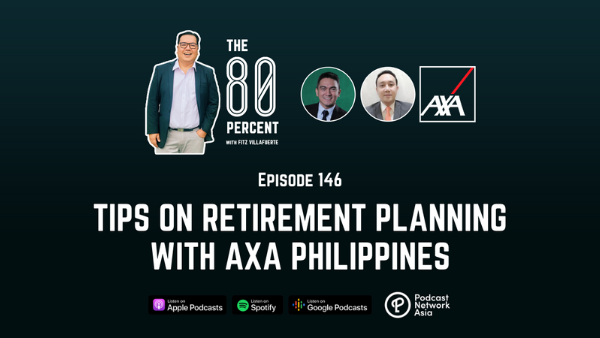
Introduction to Retirement Planning
Retirement planning has become a critical aspect of financial literacy in today’s fast-paced and unpredictable economy. With the average life expectancy increasing, it is essential to prepare for a retirement period that could last 20 years or more. Effective retirement planning ensures that individuals can maintain their standard of living, enjoy their leisure years, and avoid financial insecurity in later life. Understanding the importance of this topic cannot be overstated, as poor planning could lead to inadequate funds when retiring.
Current Trends and Facts
According to Statistics Canada, as of 2022, over 6 million Canadians aged 65 and older were part of the population. This number is projected to grow significantly by 2030, highlighting an increased need for retirement funding. Many Canadians rely on a combination of public pensions such as the Canada Pension Plan (CPP) and Old Age Security (OAS), as well as personal savings and investments.
Recent surveys indicate that a significant portion of Canadians, approximately 50%, feel that they are not adequately prepared for retirement. Financial experts suggest that this gap in preparedness may be due to a lack of understanding of the complexities involved in retirement funding and the changing landscape of retirement benefits.
Key Elements of Effective Retirement Planning
Effective retirement planning includes several key elements:
- Setting Clear Goals: Understand your retirement lifestyle goals, whether you aim to travel, relocate, or volunteer.
- Financial Assessments: Evaluate your current financial situation, including income, debts, and savings, to understand how much you will need in retirement.
- Investment Strategies: Look into various investment options such as RRSPs, TFSAs, stocks, and bonds to grow your retirement funds.
- Healthcare Costs: Plan for potential healthcare expenses, which can escalate with age.
- Consulting Professionals: Consider working with financial advisors to tailor a plan that meets your personal circumstances.
Conclusion and Future Outlook
As the younger generation enters the workforce, the importance of early retirement planning should not be overlooked. With the help of tools and resources available today, individuals can begin setting aside funds and developing strategies tailored to their future retirement needs. Those who proactively prepare and adjust their plans according to life changes will likely enjoy a more secure and fulfilling retirement.
In conclusion, retirement planning is not just about saving money; it is a holistic approach encompassing lifestyle choices, financial literacy, and preparedness for the unexpected. By acknowledging the significance of retirement planning now, individuals can pave the way for a secure and enjoyable future.



